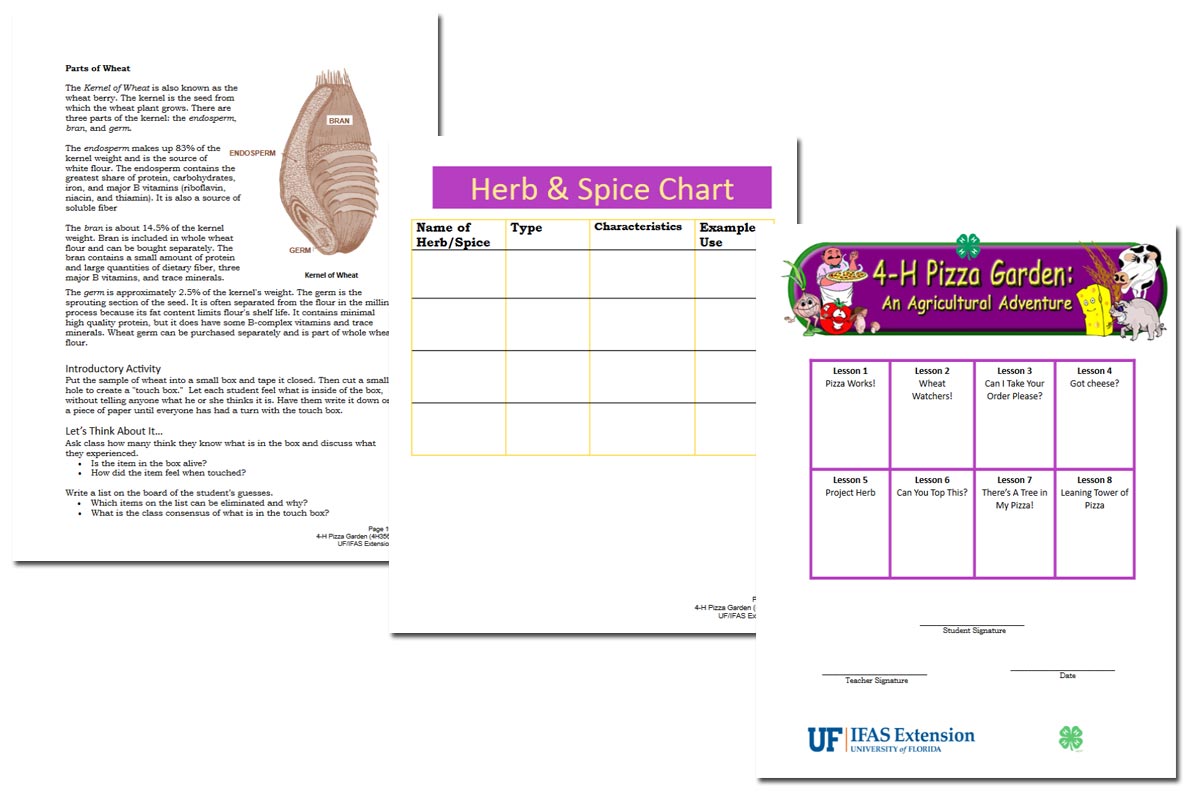
How many of us remember memorizing a list of vocabulary words and their meanings to pass an English test? Funny how those words — and their meanings — disappeared from our world about five minutes after the test was over!
Developing a rich vocabulary can be correlated to the amount of attention or focus paid to it. It is simply a matter of developing the habit of learning the meanings of words we do not know as we come across them.
A knowledge of meanings, that is, an ample and correct vocabulary, is only arrived at in one way — by the habit of reading. A child unconsciously gets the meaning of a new word from the context, if not the first time he meets with it, then the second or the third: but he is on the look-out, and will find out for himself the sense of any expression he does not understand.
Here are five ways to help your student develop an attention to vocabulary:
- Provide rich, high-quality literature. Of course, the best way to develop our vocabulary is to read widely those works of literature that we call the classics; those that have stood the test of time, where the work is set apart by the author’s ability to use the right word in the right place. If you are looking for a good book, these lists may help you get started.
- Write down unfamiliar words. Writing things down has a way of cementing them in our mind. Have your student jot down any unknown words and their meanings as he reads. A vocabulary bookmark that can be kept in his book makes this easier.
- Start a vocabulary notebook. Or add a vocabulary section to your language arts notebook. Set up the vocabulary section by creating a page for each letter of the alphabet. Then add any unknown word and definition on the appropriate page. It helps to limit this to a certain number of words per read. We don’t want to make this an unenjoyable exercise — quite the opposite! We want to develop the habit of looking up words we don’t know.
 Look the word up in an electronic dictionary. For the older student a pocket electronic dictionary provides a fast and painless way to find a word’s meaning. Although somewhat pricey, the better models not only include the definitions, but also the etymology of the word. Most also come with a built-in thesaurus and other tools. If your student uses a electronic reading device, he may already have a good electronic dictionary at his fingertips. (Be careful what you buy as some models only contain words that are already familiar to most adults. Look for the Concise Oxford Dictionary.)
Look the word up in an electronic dictionary. For the older student a pocket electronic dictionary provides a fast and painless way to find a word’s meaning. Although somewhat pricey, the better models not only include the definitions, but also the etymology of the word. Most also come with a built-in thesaurus and other tools. If your student uses a electronic reading device, he may already have a good electronic dictionary at his fingertips. (Be careful what you buy as some models only contain words that are already familiar to most adults. Look for the Concise Oxford Dictionary.)- Study Latin. A significant number of English words are derived from Latin (50-70% depending on the source). By knowing Latin prefixes and roots, the meaning of many English words can be easily determined.
Two notes:
- Bookmarks, vocabulary notebooks, and other helps are simply tools and should never become the focus. Keep it simple.
- Does every unknown word need to be looked up? The short answer is yes. That attention to detail will not only help a student develop his vocabulary, but will also serve him well in any discipline. However, it is obviously better to start small, lest he become discouraged and find reading a chore.
Children, and all of us, have several levels of vocabulary use. One level is understanding certain words when someone else uses them, but not using them ourselves.
A middle level is originally learning to use the words, as when we talk about something new in a book.
A higher level is familiarity so that we freely use the words.
To move up to the free-use level your children must meet a word about fourteen times or more. That is one reason that the isolated vocabulary lessons do not work well. Your home immersion method is more powerful.










You must be logged in to post a comment.